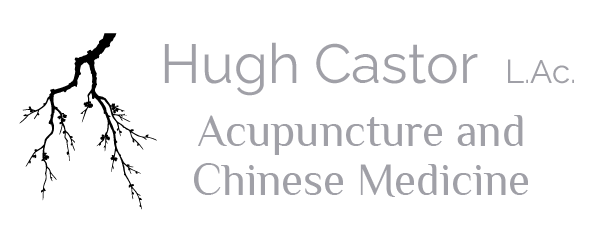Traditional Chinese Medicine and Menopause Part II
 In my last article on menopause, I wrote how Traditional Chinese Medicine (TCM) views this life transition through its cultural and societal lenses. Now we will look at how TCM treats menopause on a physical and psychological level. Since TCM views menopause as a natural life, event as opposed to a medical problem, it tends to manage it more through lifestyle changes, diet, and exercise. However, if symptoms become uncomfortable, acupuncture and Chinese herbs can be used strategically for a very safe and effective treatment.
In my last article on menopause, I wrote how Traditional Chinese Medicine (TCM) views this life transition through its cultural and societal lenses. Now we will look at how TCM treats menopause on a physical and psychological level. Since TCM views menopause as a natural life, event as opposed to a medical problem, it tends to manage it more through lifestyle changes, diet, and exercise. However, if symptoms become uncomfortable, acupuncture and Chinese herbs can be used strategically for a very safe and effective treatment.
Asian countries, similar to many people across the world, view the cessation of menses as something to celebrate rather than mourn. It marks the shift in women’s roles in the community. For many cultures, this means moving from the responsibilities of mid life to that of the grand matriarch. As elders are often revered for their wisdom this grants women a special status. Therefore, menopause is often seen in a positive light in Asia.
In the West, much of a women’s cultural worth is determined by her being fertile and sexually attractive. Although this view is slowly changing, it still dominates our cultural landscape. The psychological consequences are that some women feel their worth diminished. Western women tend to experience worse physical menopausal symptoms. It’s no surprise that women in the West have a dismal perspective on menopause! Hopefully, we are seeing the folly of such a view and we will begin to
appreciate the idea of the sage femme in our culture.
Because TCM has a natural view of menopause, it also treats it accordingly when women are troubled by symptoms. Acupuncture, diet changes, Chinese herbs, therapeutic exercise, and supplements are employed to alleviate hot flashes, night sweats, brain fog, poor memory, emotional ups and downs, low energy and sex drive. They help by balancing pituitary hormones FSH and LH, as well as mitigating the effects from low estradiol.
Using natural approaches, TCM gives relief without exposing women to the potential risks and side effects (weight gain, depression, skin eruptions, etc) of hormone replacement therapies. This is especially relevant now that we see a connection to between certain types of breast cancer and estrogen. In a great deal of cases, these side effects and risks can be avoided all together by using TCM.
